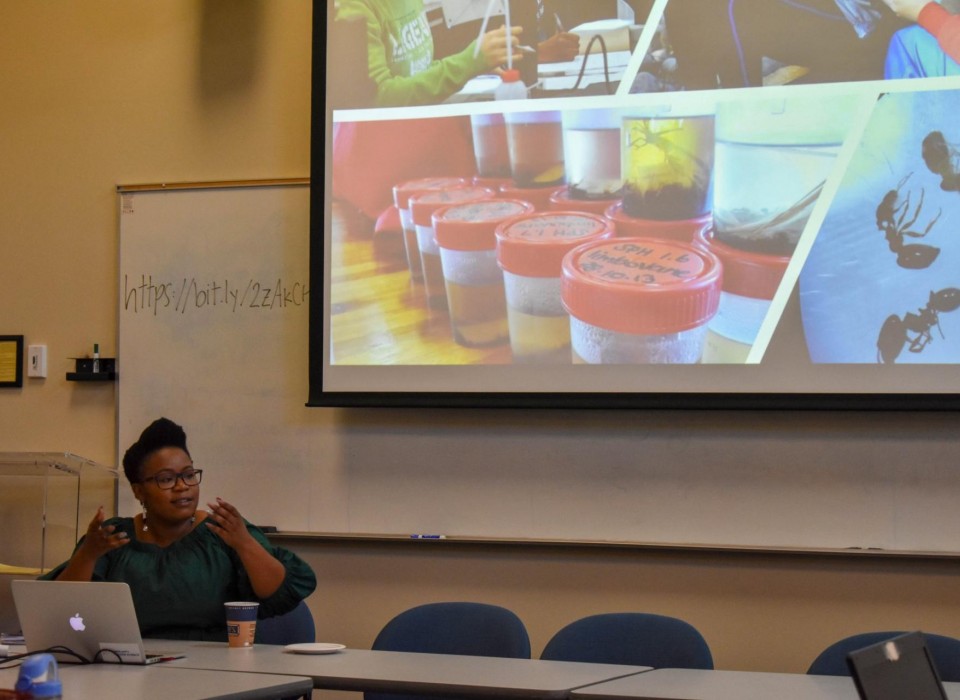CCS Events and Trainings
Opportunity: Your Community and Citizen Science Road Map:
A participatory science workshop for researchers
 The Center for Community and
Citizen Science invites UC Davis researchers to participate
in our community and citizen science (CCS) Roadmap workshop! This
free workshop will be held on Friday March 14 from 9:30 am to
1:30 pm at UC Davis School of Education, Room 174.
The Center for Community and
Citizen Science invites UC Davis researchers to participate
in our community and citizen science (CCS) Roadmap workshop! This
free workshop will be held on Friday March 14 from 9:30 am to
1:30 pm at UC Davis School of Education, Room 174.
Sign up here!
December 13th Webinar
Doing Science Together – Exploring Diverse Approaches to Participatory Research
 Join the UC Davis Office of
Research on Friday, December 13 at 10:30am to learn
about how scientists in a vast array of disciplines are engaging
members of the public in community and citizen science. From
global projects to hyperlocal community-based projects, there are
many ways of working with people who do not self-identify as
professional scientists, but who can contribute meaningfully to
research.
Join the UC Davis Office of
Research on Friday, December 13 at 10:30am to learn
about how scientists in a vast array of disciplines are engaging
members of the public in community and citizen science. From
global projects to hyperlocal community-based projects, there are
many ways of working with people who do not self-identify as
professional scientists, but who can contribute meaningfully to
research.
Conference: North American Association for Environmental Education
November 5-9, 2024
The 2024 North American Association for Environmental Education Annual Conference and Research Symposium will be held in person in Pittsburgh, Pennsylvania this November 5 through 9. The Center for Community and Citizen Science will represent our research and projects at both the research symposium and regular conference.
Conference: California Association of Science Educators
November 8-10, 2024
Peggy Harte will be presenting at The California Association of Science Educators workshop this November on what it looks like when elementary students grapple with local data. In participatory science, students contribute to science by collecting data that generates new knowledge. Participants will learn what participatory science is, what it looks like in elementary classrooms, and a research based framework for designing projects, allowing attendees to see firsthand how young minds contribute to real-world science.














